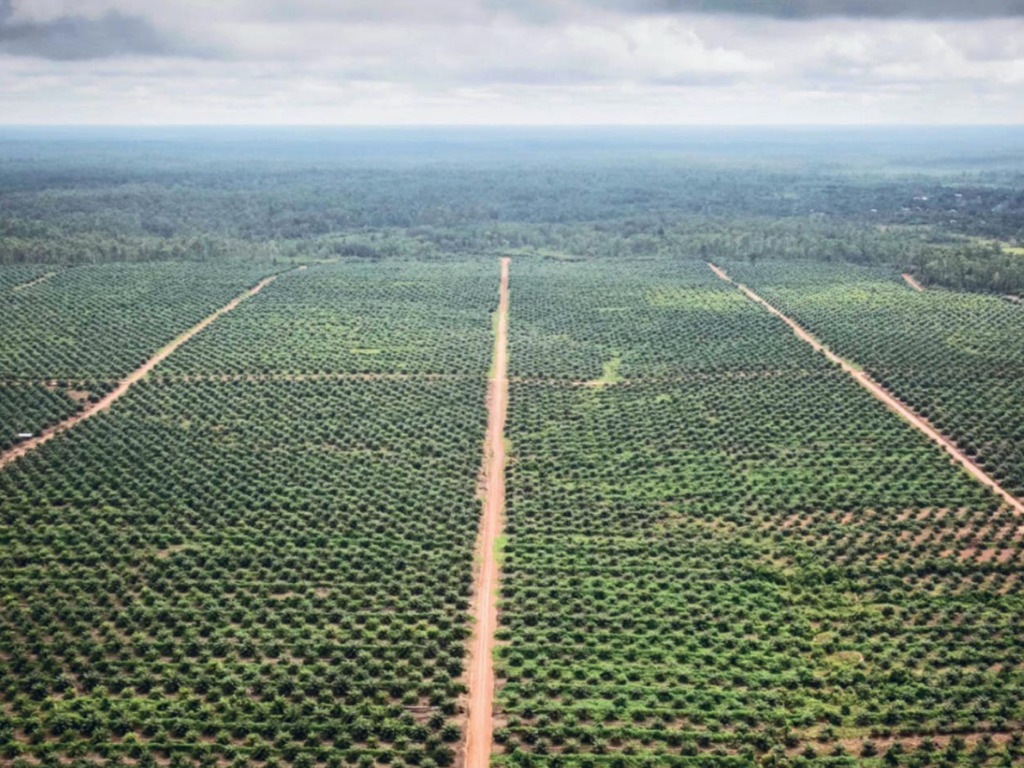This Indonesian Palm Grower Is Reforesting Land Half the Size of Singapore
3 Mins Read
One of Indonesia’s oil palm growers, KPN Plantation, is working on restoration efforts to rehabilitate 38,000 hectares of forests, an area half the size of Singapore. The move supports communities affected by rainforest deforestation.
KPN Plantation (known as Gama Plantation until 2019), set up a reforestation scheme to rehabilitate forests in Merauke in Papua and Kubu Raya in West Kalimantan, two provinces that have been hit by mass deforestation between 2013-2018.
Gama Plantation’s Past Mistakes
An investigation by Greenpeace 2018 revealed that Gama Corporation, a group of jointly owned agricultural companies, cleared 21,500 hectares of rainforest in Papua and West Kalimantan over the past five years. The investigation highlights Singapore-listed palm oil trader Wilmar International, which Gama supplies to, as an organization that violated the No Deforestation, No Peat, No Exploitation (NDPE) Policy, further revealing family ties between Wilmar and Gama.
Once this was out, Wilmar removed Gama from its supply chain in June 2018 and in July 2018, Gama unveiled a group-wide moratorium on new land development. After consultation with Wilmar and the Aidenvironment Group, Gama united the 63 companies where it manages 200,000 hectares of agricultural land in one group with Wilmar making Gama its supplier again in 2019.
KPN Restoration Plan
In the KPN Restoration Plan, the company has pledged to restore thrice the area of forests estimated to have been cleared. Chief operating officer of KPN, Hendry Saxte said that the Map of the recovery plan, “reaffirms the responsibility and commitment to rectify past mistakes.”
The plan will work on peatland wetting, reforestation, conservation, and social forestry and for instance, if an area of peatland is cleared, this is doubled given the higher carbon value of peat. A significant part of the plan will be to aid communities with alternatives to oil palm that will help them earn a living in areas that come under the KPN’s NDPE policy.
A senior adviser to Earth Equalizer, the nonprofit that helps develops NPC recovery plans, Eric Walker said that “ongoing monitoring(of the plan) is critical as recovery areas will face ongoing threats such as illegal logging and fires.”
He added that for agribusinesses like KPN, which are forced to restore natural areas cleared in the past, “monitoring restoration efforts will be as important as monitoring deforestation now.”
Deforestation-Free Palm Oil
Through this restoration plan, KPN is working to re-establish itself as a crucial market player for consumer goods companies like Unilever, Mars and Mondelez, which have pledged to use deforestation-free palm oil. “We are pleased to announce that most of our buyers have returned to purchase from our group,” concluded Saxte.
Read: Your Favourite Chocolate Bar Is Fuelling Deforestation In Indonesia Despite “Sustainability Facade”
This news follows a launch of a scheme allowing major palm oil buyers like PepsiCo and Procter & Gamble to invest in a containment fund, meaning larger the quantity of palm oil they buy, they invest more in conservation projects in Indonesia.
Apart from KPN, Tsani Hotaniabadi is committing to forest restoration by replacing forests affected over the last four years in East Kalimantan “with the aim of promoting sustainable oil palm development.” Another palm oil company, ANJ shared that its forest restoration plan “acknowledges NDPE obligations to our buyers” and will work towards recognizing high carbon stock reduction areas in its eight oil palm concessions to restore forests in West Papua.
Read: Indonesian Fires & The Climate Crisis: Can We Realistically Boycott Palm Oil?
Read more about KPN’s plan here.
Lead image courtesy of Greenpeace.




